The cleaning products that won’t protect your home against coronavirus revealed
They might be Mrs Hinch favourites, but you might want to rethink using them...

Cleaning is probably top of all everyone's to-do lists this week. However, if you're aim is to make sure your home is fortified against any virus, especially the dreaded 'c' word, these are the cleaning products to avoid.
Related: Can a steam cleaner kill the coronavirus? Here’s what you need to know to stop the spread of germs
The Mrs Hinch favourite of bicarbonate of soda and vinegar might leave your sink glistening, but they aren't strong enough to kill COVID-19. However, that doesn't mean you can't use them.
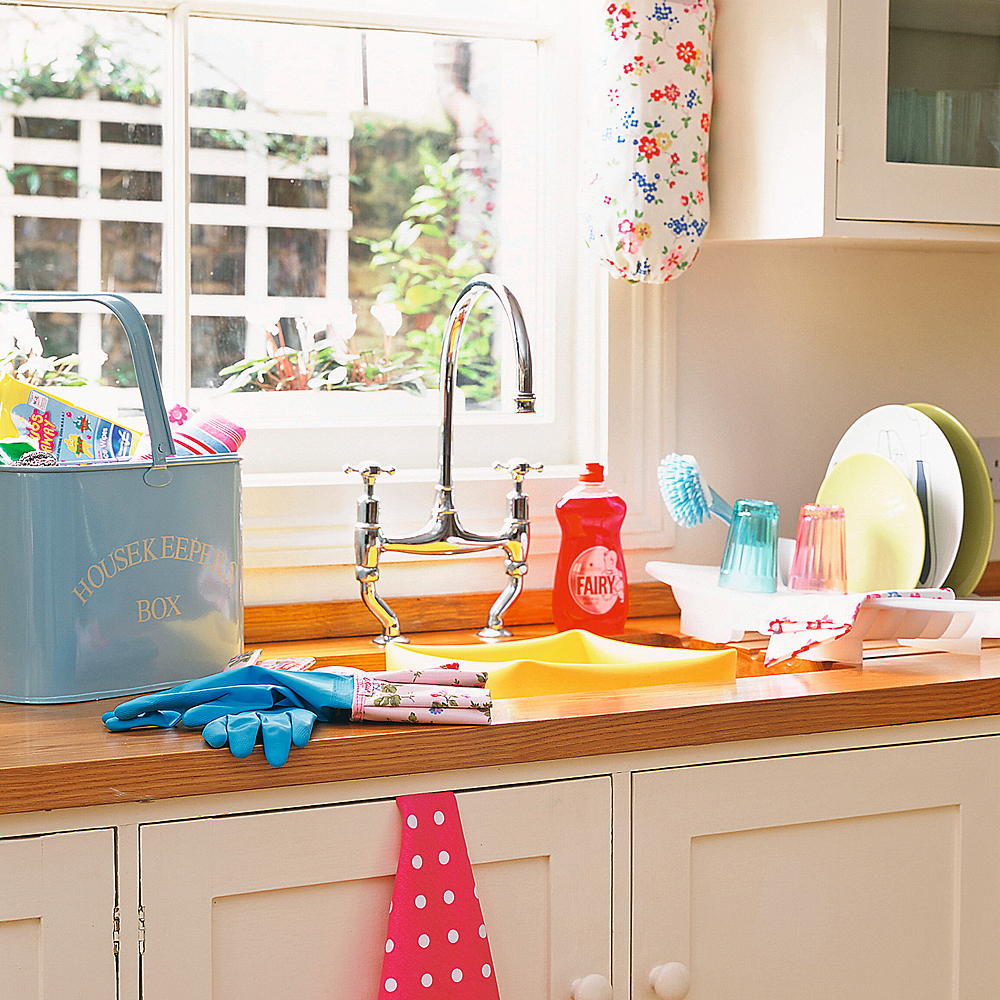
Most natural cleaners, that freshen and scent your home with natural antibacterials such as tea tree oil, will not be effective in killing the virus. However, they can be used in the first step of the US Centers for Disease Control and Prevention recommended cleaning routine.
How to kill COVID-19 in your home
The CDC recommends cleaning any high touch surfaces to wipe away the germs, before disinfecting them. The disinfecting stage can be carried out with any household cleaner that contains over 70 per cent alcohol or hydrogen peroxide.
The NHS recommends focusing your cleaning on the high-risk areas of the kitchen and bathroom.
'To stop the spread of germs, focus your efforts on cleaning areas in the house where germs are more likely to spread, such as the kitchen and toilet,' recommended the NHS. 'Use either soap and hot water to rinse the germs or a disinfectant to kill them.'
Get the Ideal Home Newsletter
Sign up to our newsletter for style and decor inspiration, house makeovers, project advice and more.
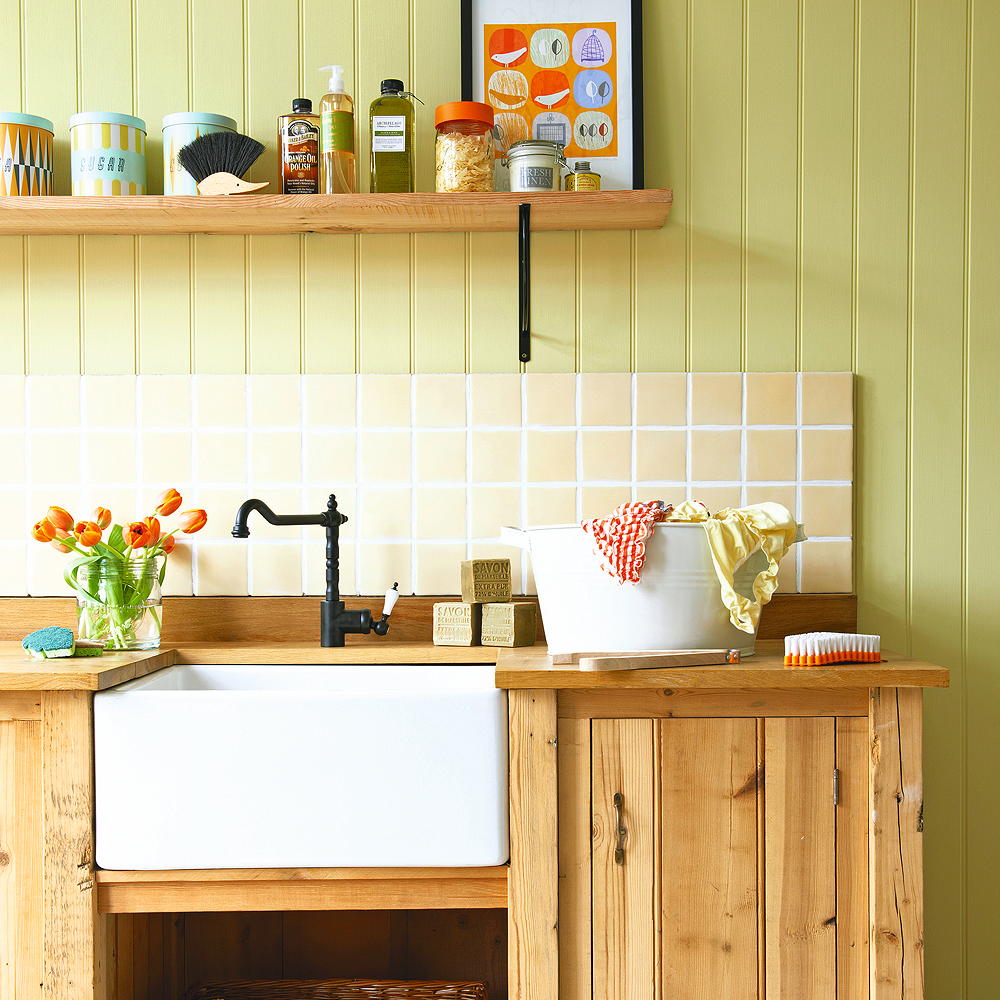
After you have given your home a thorough deep clean make sure to thoroughly dry all surfaces stresses the health body.
'Make sure you dry surfaces such as worktops and chopping boards thoroughly after cleaning,' explains the NHS. 'Dampness helps any remaining germs to survive and, if there's enough water, multiply.'
Over the coming weeks, be sure to give your surfaces a regular clean. 'You should clean germ hotspots on a regular basis after use, rather than the customary once-a-week deep clean,' advises the health body.
Will you be adding a stronger disinfectant to your everyday cleaning routine?

Rebecca Knight has been the Deputy Editor on the Ideal Home Website since 2022. She graduated with a Masters degree in magazine journalism from City, University of London in 2018, before starting her journalism career as a staff writer on women's weekly magazines. She fell into the world of homes and interiors after joining the Ideal Home website team in 2019 as a Digital Writer. In 2020 she moved into position of Homes News Editor working across Homes & Gardens, LivingEtc, Real Homes, Gardeningetc and Ideal Home covering everything from the latest viral cleaning hack to the next big interior trend.
-
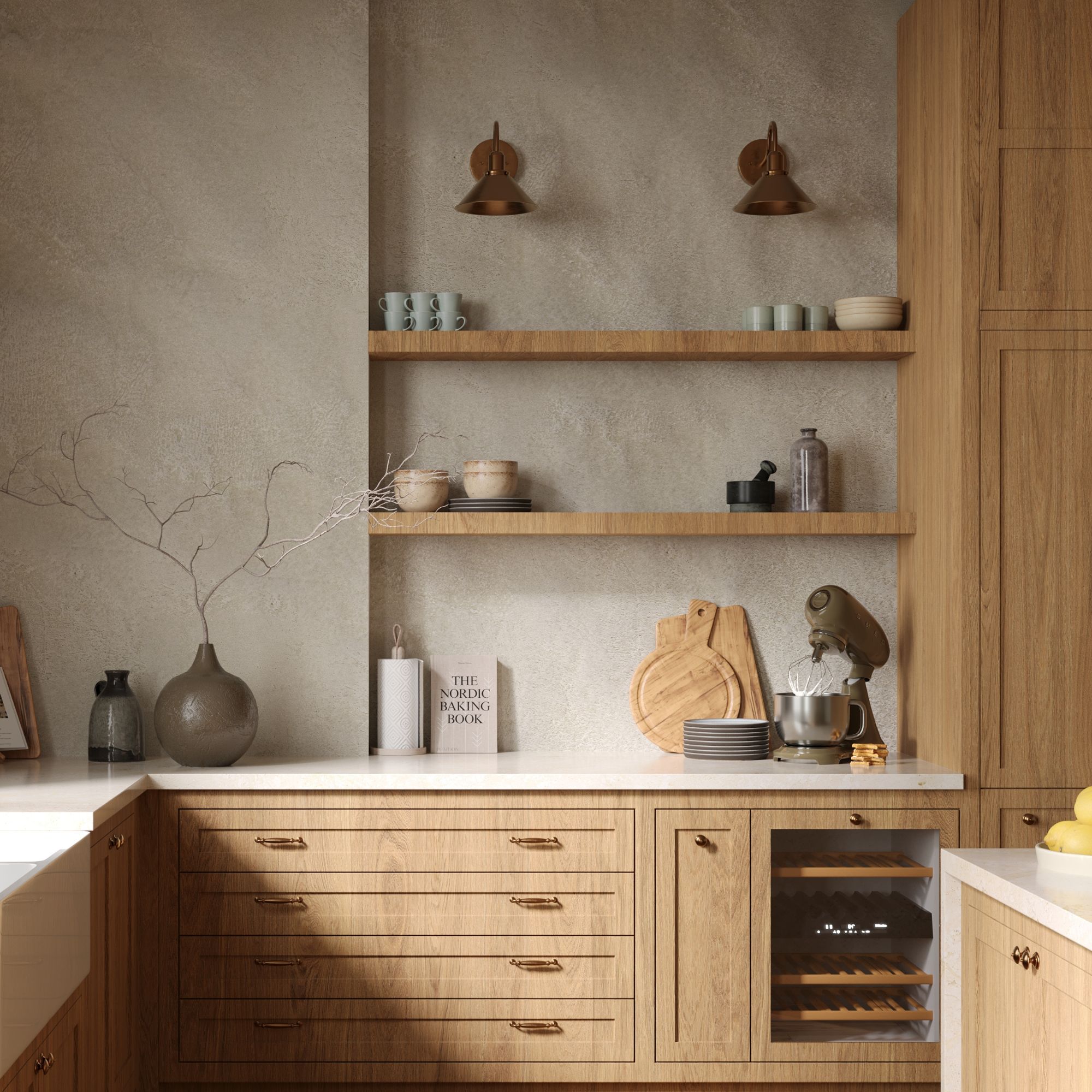 Wood drenching is the calming new twist on the colour drenching trend – here’s how to make the look work in your home
Wood drenching is the calming new twist on the colour drenching trend – here’s how to make the look work in your homeIt’s easier than ever to embrace natural materials
By Maddie Balcombe
-
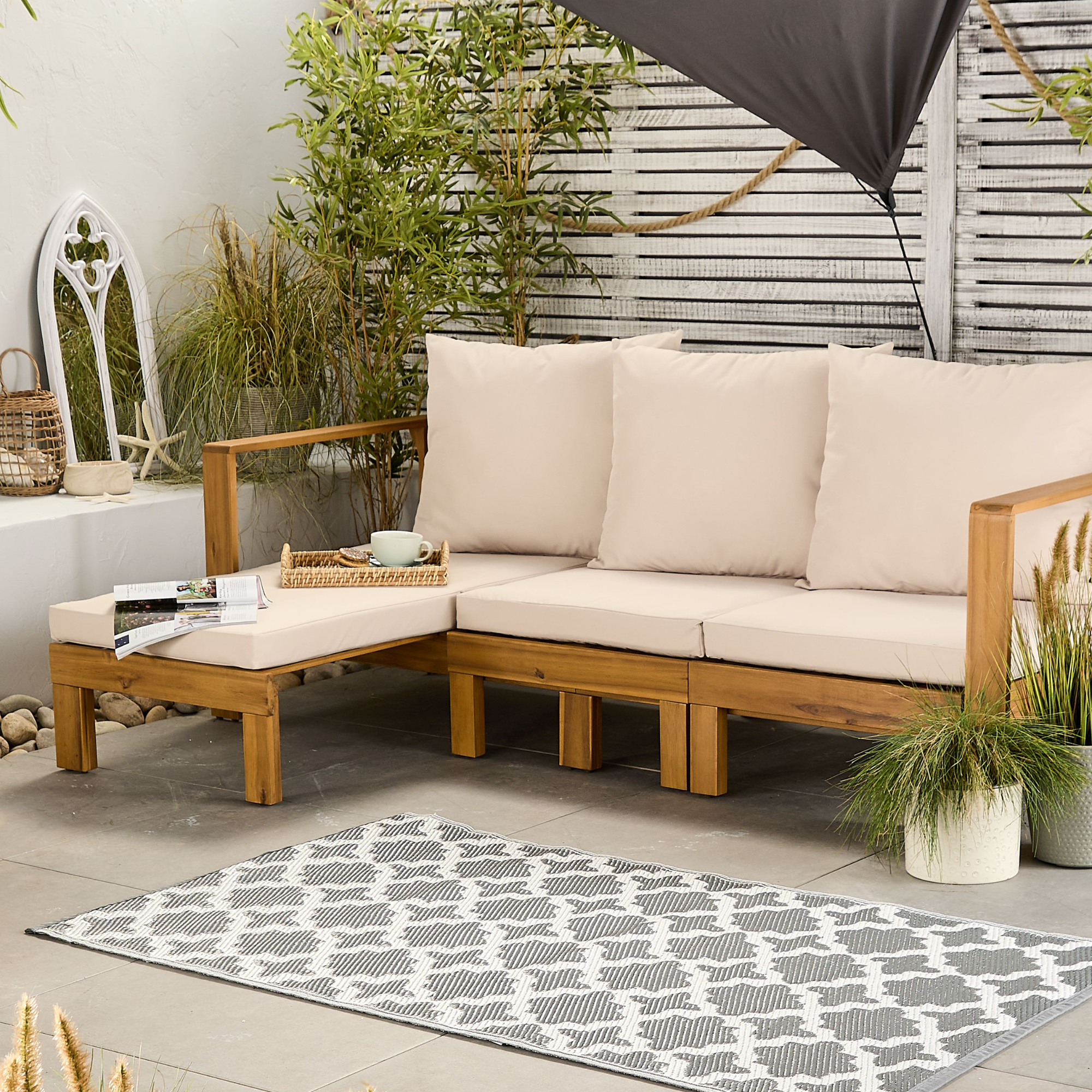 Aldi is launching a £200 day bed with four different features - its sleek design is suited to the whole family
Aldi is launching a £200 day bed with four different features - its sleek design is suited to the whole familyYou don't want to miss out on this Specialbuy
By Kezia Reynolds
-
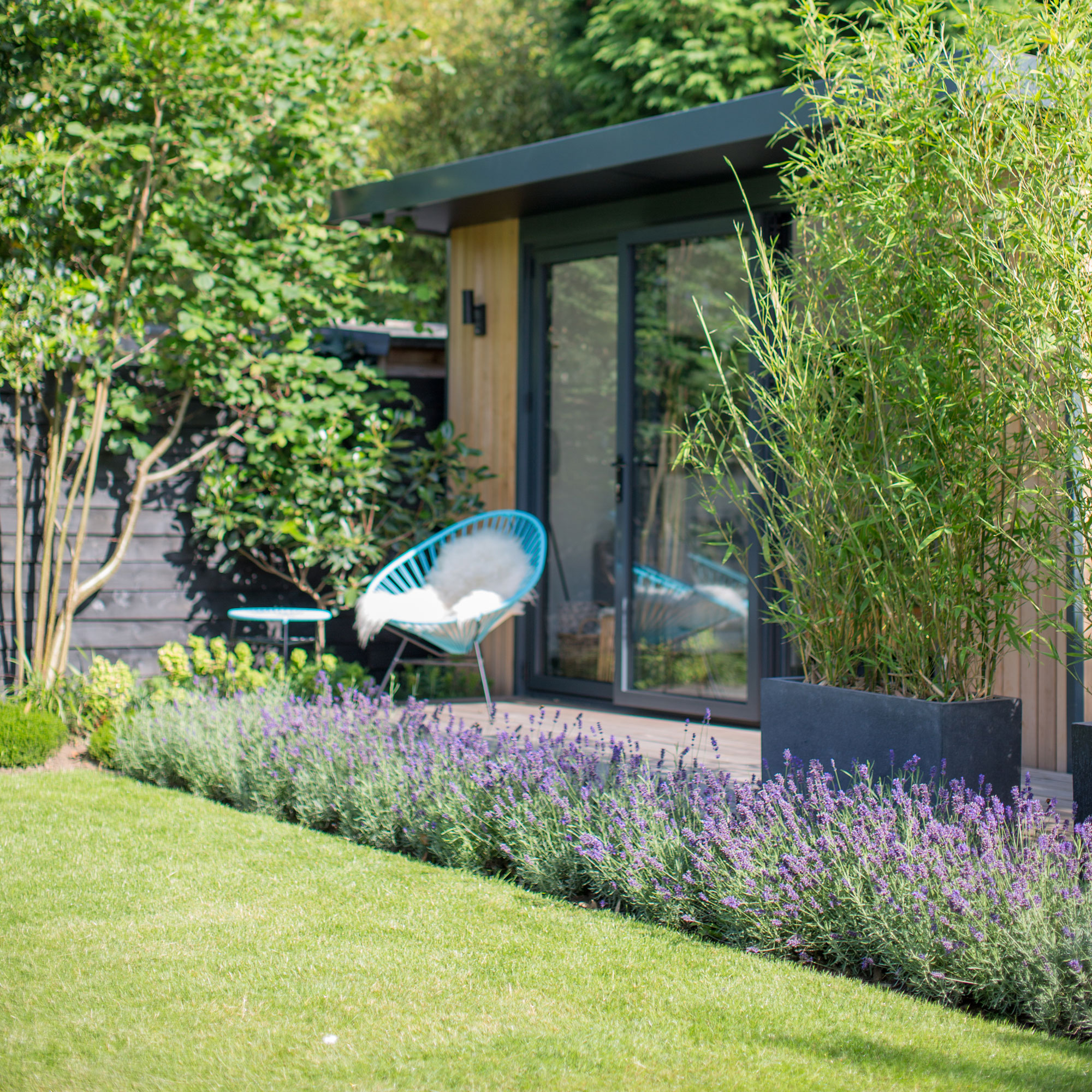 How to set up a drip watering system that saves water and a lot of effort
How to set up a drip watering system that saves water and a lot of effortKeep your plants hydrated (and your water bill down) with this clever garden watering solution
By Natalie Osborn